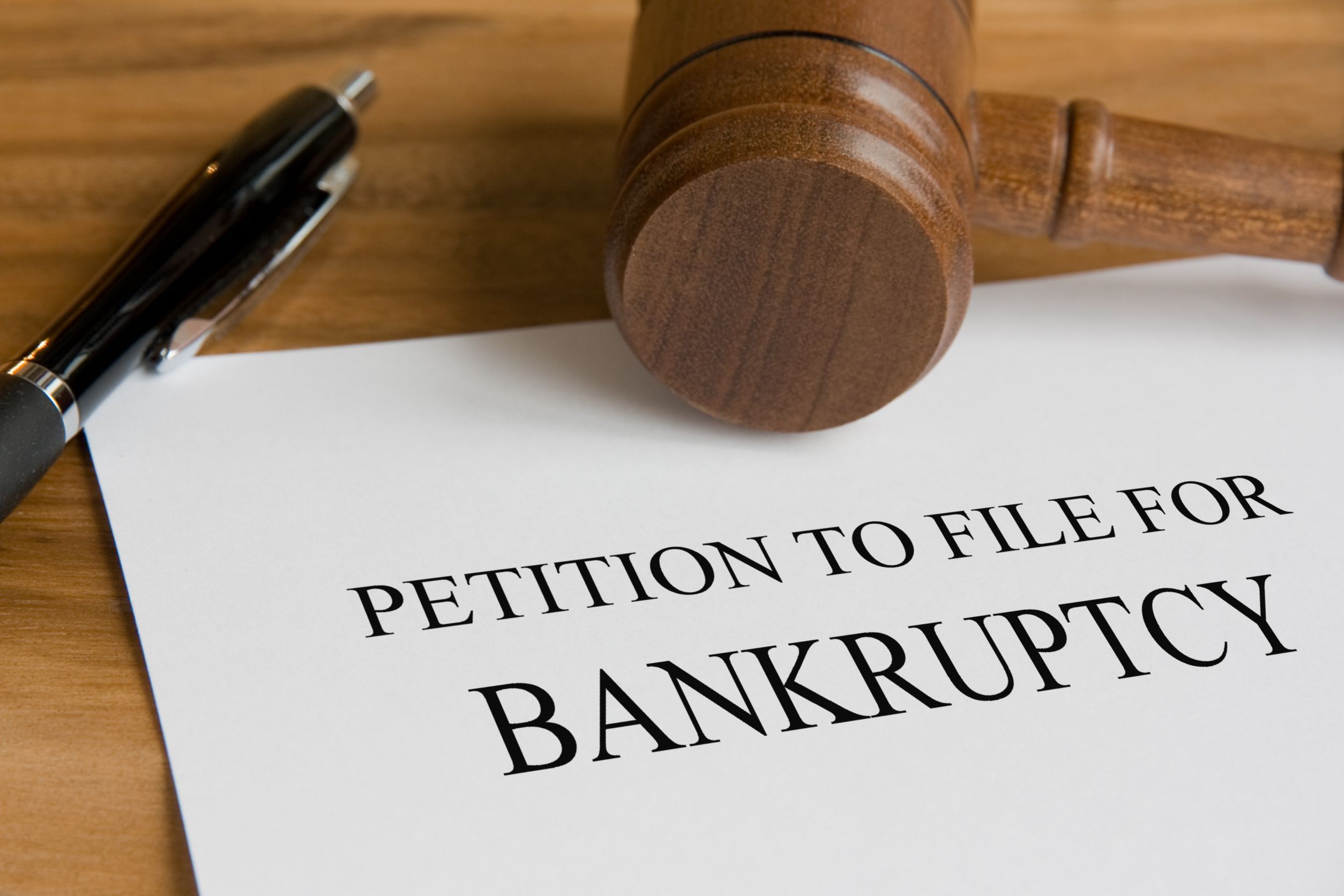Are your bills far greater than any amount you’d ever be able to repay? If so, bankruptcy may be an option for you. Bankruptcy, a legal process, works to help eliminate debt or renegotiate repayment terms for both consumers and businesses alike. The specific conditions regarding a bankruptcy will differ from case to case. Typically a Bankruptcy Attorney CT can help you file either a Chapter 7 or a Chapter 13 bankruptcy.
Chapter 7
A Chapter 7 bankruptcy, or liquidation bankruptcy, allows you to eliminate most of your debt without having to repay it. It’s called a Chapter 7 discharge. Typically, this form of bankruptcy is better suited for individuals who don’t have any income available, after taking care of their monthly obligations, to repay their unsecured debts. In addition to limited income, these individuals typically don’t have any property available to use as payment towards their debts. In order to quality for this type of bankruptcy discharge, you’ll need to prove to the courts that the amount of your monthly financial obligations is greater than your monthly income. In short, a Chapter 7 bankruptcy provides you with a “fresh start” when it comes to many of your debts. Family support obligations, student loans and restitution damages are typically not included in this type of filing.
Chapter 13
A Chapter 13 bankruptcy filing is more of a relief than an elimination. One of the biggest differences between a Chapter 7 and Chapter 13 is that the latter is intended to serve individuals who do have some money to repay towards some of their debts, but not all of them. Unlike a Chapter 7 filing, after their monthly obligations, these individuals do have some “disposable” income remaining. During these proceedings your Bankruptcy Attorney CT will work with you to determine just how much you can afford to pay towards your debts. This information is then brought fourth during the legal proceedings and a repayment plan is established by the courts. Typically, these payment plans will remain in effect for a period of 3 to 5 years, however, this can vary from person to person. Additionally, any properties or assets that are owned outright are protected.
Deciding which filing process is better for you has a lot to do with how much money you have. Scheduling a consultation with an attorney is the first step on your path to becoming debt free.


